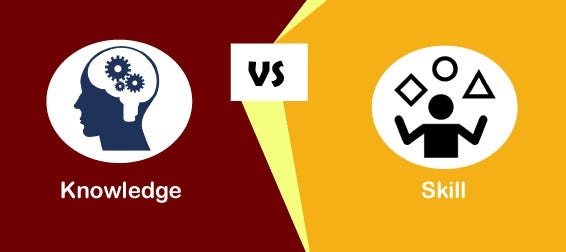In today’s fast-paced and ever-changing job market, employers are often more interested in hiring candidates with a specific set of skills rather than those who simply have a degree. While a degree can certainly be a valuable asset, it is no longer the only determining factor when it comes to landing a job or advancing in a career.
One of the main reasons why skills are more important than degrees is because they are directly applicable to the job at hand. A candidate with a degree may have a broad understanding of a subject, but without the specific skills needed to perform the job, they may struggle to succeed in the role. On the other hand, a candidate with the right set of skills, even if they don’t have a degree, may be able to hit the ground running and make valuable contributions to the company.
Another reason why skills are becoming more important than degrees is that the job market is constantly evolving. With new technologies and methodologies being developed all the time, many of the skills that were once considered essential may no longer be relevant. As a result, employers are increasingly looking for candidates who have the ability to quickly learn and adapt to new skills, rather than those who have a degree in a specific field.
Additionally, a degree often refers to a broad category of knowledge, while skills refer to a specific ability or expertise. Employers are looking for specific skills in order to fill the exact needs of their company, instead of general knowledge that may not be as applicable.
In conclusion, while a degree can still be an important asset for many job seekers, it is no longer the be-all and end-all when it comes to getting hired or advancing in a career. Employers are increasingly looking for candidates with specific skills, as they are directly applicable to the job, and can help the company succeed. In today’s job market, it’s more important than ever to focus on developing a set of skills that are in demand, in order to increase your chances of getting hired and advancing in your career.




